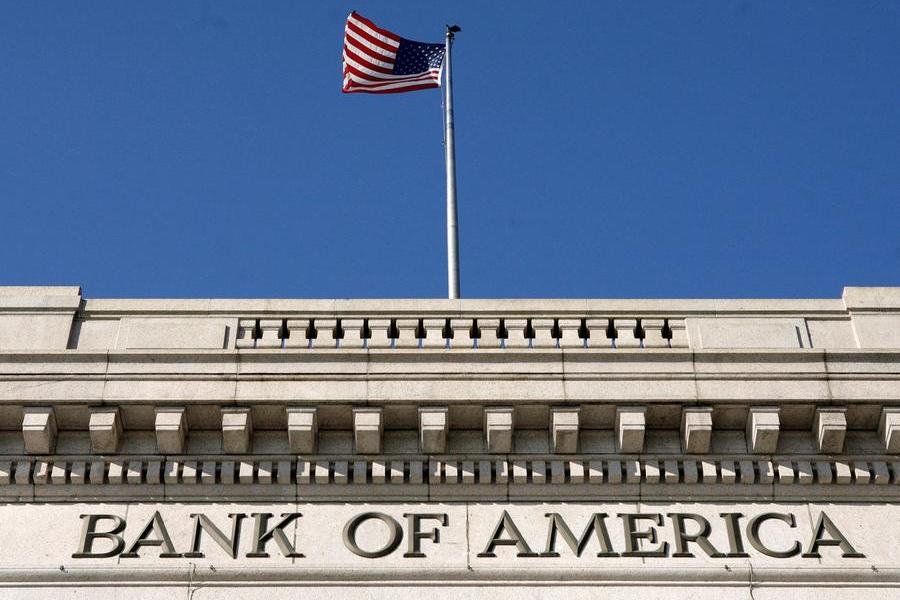It looks like the U.S. is throwing the world into darkness amid its government shutdown. Data flows from the U.S.—arguably the world’s largest economy—help countries like Japan and others assess trade performance and currency trends.
This data is now being held back during the shutdown causing problems for countries the world over.
“It’s a serious problem. We hope this gets fixed soon,” Bank of Japan Governor Kazuo Ueda told a news briefing on Oct. 3, as he discussed the hurdles the BOJ faces in deciding when to resume interest rate hikes.
READ: Goldman Sachs to acquire Industry Ventures for $965 million (
One Japanese policymaker went further.
“It’s a joke. (Federal Reserve Chair Jerome) Powell keeps on saying the Fed’s policy is data-dependent but there’s no data to depend upon,” said the official, who declined to be named as he was not authorized to speak publicly.
Finance and economic leaders from around the world are gathered in Washington this week for meetings of the World Bank and the International Monetary Fund, and — in a world beset by an ongoing European land war, tensions and violence in the Middle East, and long-term issues like climate change — much of the meeting’s oxygen is likely to be consumed by discussion of President Donald Trump’s plans for the world, his performance in office so far, and, now, the sudden stop of official information about a $30 trillion economy that accounts for roughly one-fourth of world output.
“Intensification of political pressure on policy institutions…could erode hard-won public confidence in their ability to fulfill their mandates,” the World Economic Outlook published Tuesday by the IMF stated. “Pressures on technocratic institutions mandated with data collection and dissemination could also erode the public’s and markets’ trust in statistics from official sources, significantly complicating the tasks of central banks and policymakers in making policy decisions…It also raises the likelihood of policy mistakes if political interference leads to compromise in data quality, reliability, and timeliness.”
The U.S. government shutdown’s impact on economic data flow has far-reaching consequences beyond its borders, underscoring the interconnectedness of today’s global economy. As the world’s largest economy, the United States plays a critical role in providing timely and reliable economic data that countries like Japan and many others depend on to guide their monetary policies, trade decisions, and financial market strategies. The halt in data dissemination creates significant uncertainty, complicating decision-making for central banks and governments worldwide.
This disruption not only hampers effective policymaking but also risks eroding public and market trust in official statistics, a foundational element for economic stability. When data quality and availability are compromised, the ability of institutions like the Federal Reserve and the Bank of Japan to respond accurately to economic conditions diminishes, increasing the potential for policy missteps.







